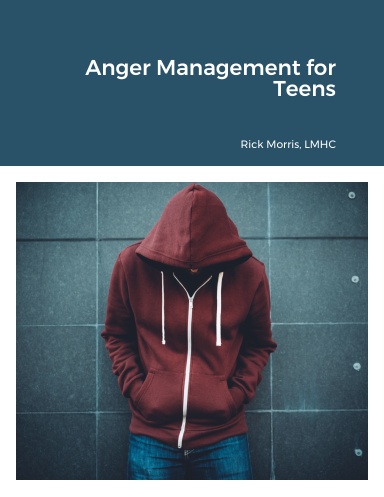Book Summary
The Anger Therapy Workbook is a comprehensive, interactive guide designed to help individuals understand, monitor, and manage their anger through self-reflection and practical exercises. Authored by Rick Morris, LMHC, the workbook opens with discussion prompts that encourage users to recall past anger episodes, identify behavioral patterns, and contrast their calm versus angry states. By exploring “what’s beneath the surface” of anger—using an “iceberg” metaphor—it guides readers to recognize secondary emotions like shame, fear, or guilt that commonly fuel angry outbursts .
Central to the workbook are clear “Do’s and Don’ts” for expressing anger effectively: readers learn to state feelings concisely, spot early warning signs, and employ time-outs, while being cautioned against blaming, threats, or physical aggression. Activities prompt users to chart their personal triggers, coping strategies, and to distinguish healthy outlets (e.g., vigorous exercise, journaling) from harmful ones .
A multi-level “Anger Meter” helps individuals scale their emotional state from calm to explosive, paired with tailored coping skills for each level. This is reinforced through an “Anger Diary,” which provides structured pages for logging trigger events, warning signals, responses, and outcomes. By completing multiple diary entries, users build awareness of recurring patterns and the real-world impact of unregulated anger .
To deepen self-knowledge, the workbook includes a behavior-frequency checklist where users circle how often they engage in actions like yelling, name-calling, or withdrawal when angry. A comprehensive list of 24 potential anger triggers (e.g., feeling excluded, judged, or controlled) invites readers to “rewind” to childhood incidents that shaped their emotional responses .
Practical skill-building is bolstered by 28 Anger Management Tips, ranging from “accept you can’t change overnight” and “catch negative thoughts early” to “vent with someone you trust” and “practice meditation.” Each tip underscores gradual habit formation and emotional regulation techniques
.
Recognizing the interplay between self-care and anger control, the final sections categorize self-care strategies into Physical (sleep, exercise), Mental (positive affirmations, mindfulness), Emotional (healthy boundaries, creative expression), and Spiritual (meditation, time in nature) domains. Users are prompted to plan daily self-care actions and reflect on how these nurturing



Reviews
There are no reviews yet.